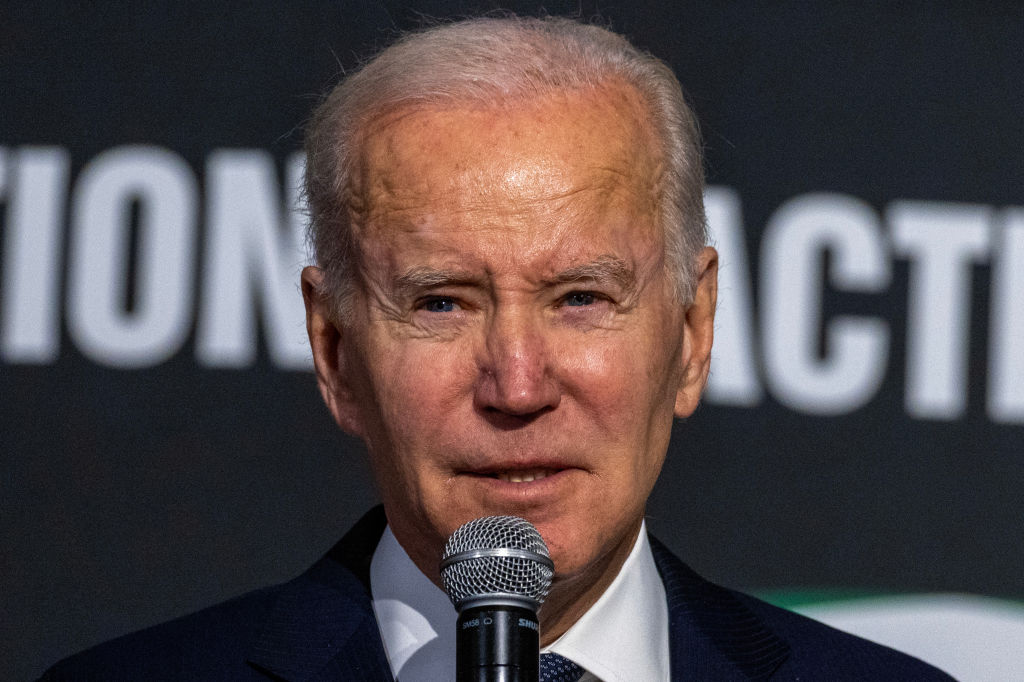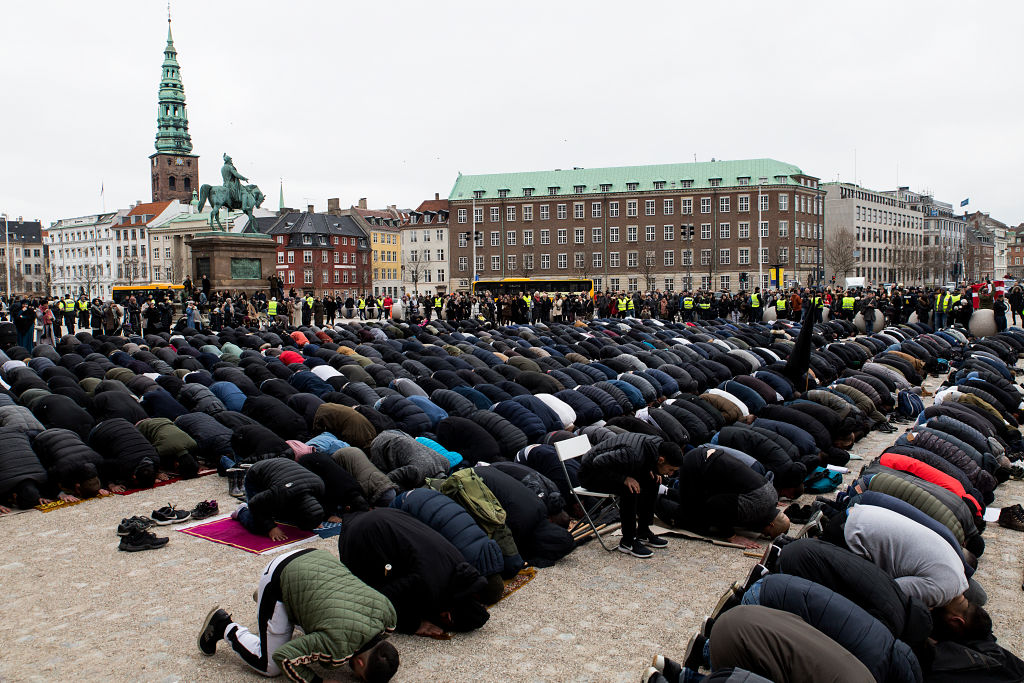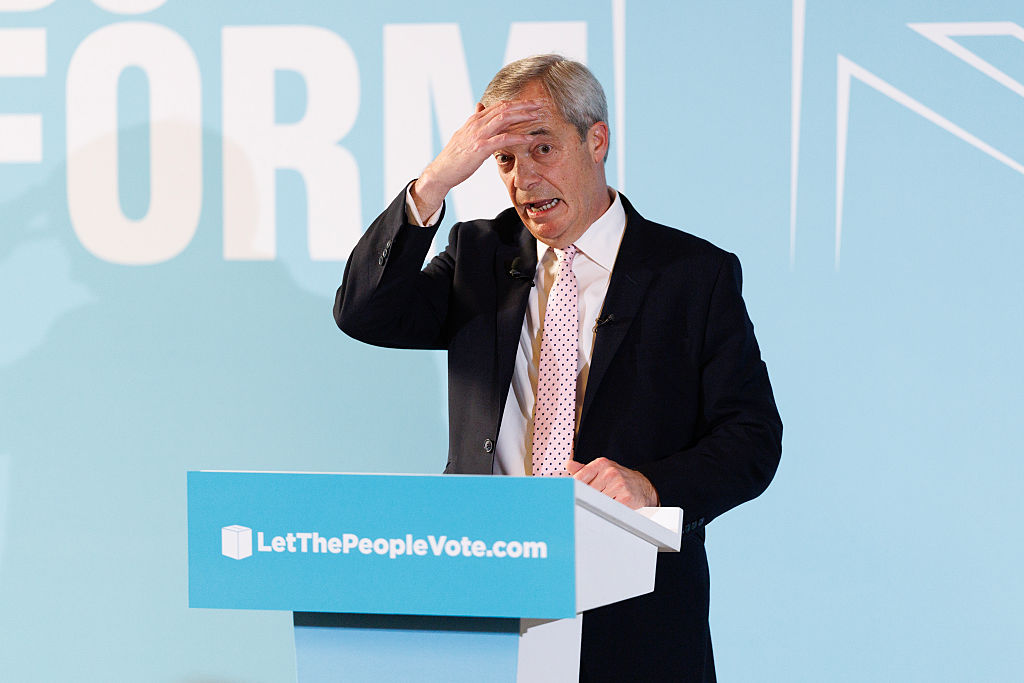Leadership, real leadership, requires setting an example. As far as security is concerned, the leader of the federal government, Joe Biden, has earned an F- for security. His setting of a double standard for the handling and storage of classified materials drives home once again (Hillary, Trump, you out there?) that there’s one set of rules for those on top and another for those underneath.
I am a retired State Department official who held a Top Secret clearance without incident for some twenty-three years. Not once did I break the rules by violating my promise in return for access to the classified material I was privileged to see. I never left anything out on my desk, never took home a piece of paper, never brought a classified cable on the train to read during my commute. Even when I wrote my whistleblowing book, We Mean Well, about Iraq’s reconstruction, I was meticulous in not including anything remotely classified, even insisting the publisher hire an ex-CIA lawyer to vet the manuscript. Most everyone around me took the promise as seriously as well. It was our job, in the extreme, to keep boxes of classified documents out of our garages.
I still remember day one of my service at State, when some very serious people told us we had two jobs: protect classified materials and all our other tasks (economic reporting, passports issuance, run the motor pool, whatever). Notice the order: a mess-up on the job is usually correctable locally. A failure to protect classified material can have global implications.
To understand why this was far from dramatic, you have to understand how intelligence operations work. Intelligence gathering is waiting. It means collecting pieces and waiting, sometimes for years, for the picture to expose itself. No detail is too small if handled properly, and things of no use to a host country can be horse-traded to another intel service elsewhere. So we were taught to push aside the oft-cited excuse that something was over-classified or would not matter. It mattered.
The other thing is that intel services know people are creatures of habit. If they leave classified documents in accessible places once, they are likely to do it again. They and the places their Corvette travel are worthy of additional attention.
Every instance of a security breach, however minor, is followed upon within agencies who work with the data. At an embassy, for example, at the end of the day, one is responsible for clearing away classified materials and securing them properly. Later in the evening, but before the cleaning crews start in, a Marine or someone designated by the security officer walks through the entire building desk by desk, looking for stray documents. If one is found, it is seized and secured, replaced with a note saying what happened and requiring the owner to report first thing to the security office.
What happens next depends on a variety of factors. Minor first offenses get off with a stern warning. More serious missteps — multiple documents, higher level stuff, repeated offenses — are met with a range of possible punishments, including a three-day suspension. People who still don’t get the message are subject to the loss of their security clearance and sometimes job termination. It’s not so much that people are fired all the time (they’re not). It’s that in sitting there getting your butt chewed out by the security officer, you understand that what happens next is on a continuum of punishment. It focuses the mind wonderfully.
The element emphasized in these discussions is responsibility, one’s personal responsibility to secure all classified information. Your desk, your responsibility. Biden’s excuse — that he did not know there was classified material at his old office, in his home, his library, or his garage — reeks of a fourth grader trying to claim the dog ate his homework. The “I didn’t know” line is the antithesis of leadership and the opposite of the call to personal responsibility every other federal employee is supposed to heed.
For those who insist there is a space between a low-level fed like me worried about securing a piece of paper and the president literally drowning in the stuff, one must remember that Biden is supposed to be a leader. The correct answer would be: “As vice president I had a lot of help packing out of the White House, and it looks like someone inadvertently put classified materials in a box that ended up in my new unsecured office. Nonetheless, I am responsible for what happened and take full responsibility.”
We’ll pause for a moment while you catch your breath from laughing. Of course, neither Biden nor any other important person in government would ever say such a thing, actually taking non-wishy-washy personal responsibility for some wrongdoing. Biden instead has listened to his lawyers and won’t even ask what documents were found. That’s not what leaders do, and that, above all, is the double standard at play here. This is not a document scandal; it is a leadership one.

























